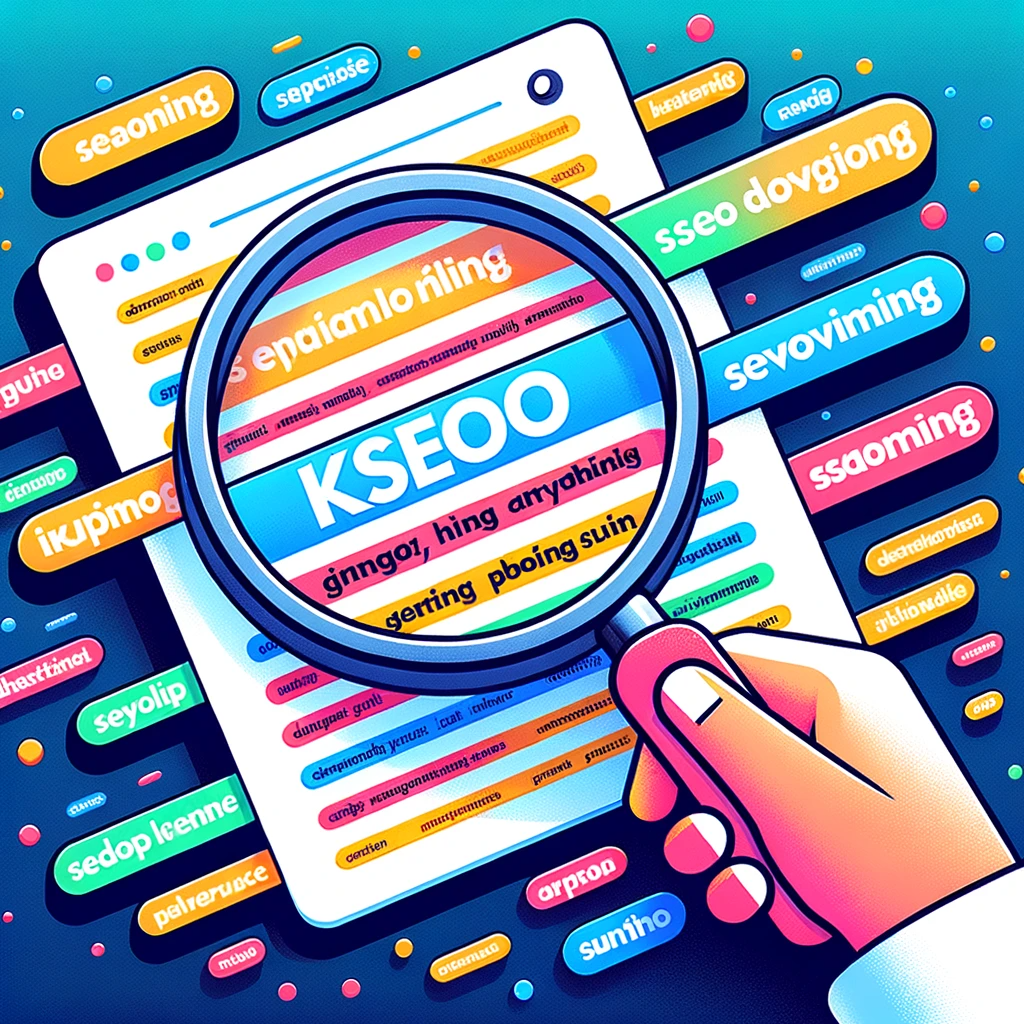SEO, or Search Engine Optimization, is the magic wand that makes your website content accessible to a wider audience. It’s not just about keywords but understanding the ever-evolving algorithms of search engines. As you dive into the world of SEO, you might be wondering, “How do I start?” or “How long does it take to master it?” Let’s embark on this journey together!
Why SEO Matters
You’ve probably heard the phrase, “If it’s not on the first page of Google, it doesn’t exist.” There’s some truth to it. Studies have shown that the majority of users never go past the first page of search results. SEO can help your content rank higher, ensuring more visibility and traffic.
Starting with the Basics
SEO Research Tools
Before diving deep, it’s essential to familiarize yourself with some popular SEO tools. Some of the most widely used ones are:
- Google Analytics: For tracking website traffic and user behaviour.
- SEMrush: Offers solutions for SEO, PPC, content, social media, and competitive research.
- Ahrefs: Known for its backlink analysis and competitive research.
Understanding Keywords
Keywords are the foundation of SEO. They’re what users type into search engines. By optimizing your content around relevant keywords, you increase its chances of being discovered. Tools like Google’s Keyword Planner can help you find the right ones.

Time Commitment for Learning SEO
SEO isn’t something you can master overnight. It requires consistent effort, testing, and adaptation. For a beginner, dedicating 1-2 hours a day for 3-6 months should provide a solid foundation. However, remember that SEO is an ongoing process. The algorithms and best practices are continually evolving.
The Learning Curve
Month 1-2: The Foundations
Start with understanding how search engines work. Dive into topics like crawling, indexing, and ranking. Familiarize yourself with basic concepts like meta tags, URL structures, and mobile optimization.
Month 3-4: Advanced Techniques
Once you’re comfortable with the basics, delve into advanced topics. These include technical SEO, link building, and content optimization. Explore tools that can aid your efforts and help you analyze results.
Month 5-6: Staying Updated
By now, you should have a good grasp of SEO. However, the digital landscape changes rapidly. Join SEO communities, attend webinars, and subscribe to reliable SEO blogs to stay updated.
Learning Through Real-life Implementation
The best way to learn SEO is by doing. Create a blog or a website. Experiment with different strategies and see what works best. Analyze your results using tools and tweak your strategies accordingly.
Video Resources
To further assist you on your SEO journey, here are three insightful YouTube videos on the topic:
Quick Facts Table
| Fact | Description |
|---|---|
| SEO Importance | 75% of users never scroll past the first page of search results. |
| Time to Learn Basic SEO | 3-6 months with consistent effort. |
| Key SEO Tools | Google Analytics, SEMrush, Ahrefs. |
| Continuous Learning | SEO algorithms and best practices evolve constantly. |
Remember, SEO is not a destination but a journey. It’s about understanding your audience, delivering value, and staying updated.
Diving Deeper into SEO Mastery
The world of SEO is vast and dynamic. As we continue from where we left off in Part 1, let’s delve deeper into advanced topics and address frequently asked questions to further guide your SEO journey.
Advanced SEO Strategies
On-Page SEO
On-page SEO refers to optimizing individual web pages to rank higher and earn relevant traffic. This includes:
- Content Quality: Ensure your content is original, valuable, and engaging.
- Title Tags: These are HTML elements specifying the titles of web pages, displayed on SERPs as clickable headlines.
- Meta Descriptions: Brief snippets describing a page’s content, influencing click-through rates.
Off-Page SEO
Off-page SEO relates to activities outside your website influencing your rankings. This primarily involves:
- Backlinks: These are incoming links from other websites. Quality matters more than quantity. Earning backlinks from authoritative sites boosts your credibility.
- Social Signals: Engagement on social media platforms can indirectly impact SEO. Shareable content tends to rank better.
Technical SEO
This encompasses the technical aspects ensuring search engines crawl and index your site efficiently:
- Site Speed: A faster website offers a better user experience. Tools like Google’s PageSpeed Insights can help.
- Mobile Optimization: Ensure your site is mobile-friendly. With mobile searches surpassing desktop, this is crucial.
- Structured Data: This helps search engines understand your content better, potentially leading to rich snippets on SERPs.
Frequently Asked Questions
1. How do I track my SEO progress?
There are various tools available, with Google Analytics being one of the most popular. It allows you to monitor your traffic, user behavior, and conversions.
2. Can I do SEO on my own?
Absolutely! While the learning curve can be steep, with dedication and the right resources, you can effectively implement SEO strategies. However, for large-scale businesses, hiring an SEO expert or agency might be beneficial.
3. How often do SEO practices change?
SEO is dynamic due to evolving algorithms. While core principles remain consistent, it’s essential to stay updated. Regularly checking updates from search engines and following SEO news can help.
4. Are backlinks still relevant?
Yes, backlinks remain a significant ranking factor. However, focus on quality over quantity. Earning links from credible sources is more beneficial than numerous low-quality links.
5. How important is local SEO?
For businesses catering to local audiences, local SEO is crucial. Ensuring your business appears in local searches can drive significant traffic and conversions.
External Resources
To further your understanding, here are some valuable external resources:
More Video Insights
Enhance your knowledge with these additional YouTube resources
https://www.youtube.com/watch?v=xkyAwGcuy2s
Your SEO journey is bound to be filled with continuous learning and adaptation. Embrace the challenges and celebrate the successes. Here’s to your digital visibility and success!


